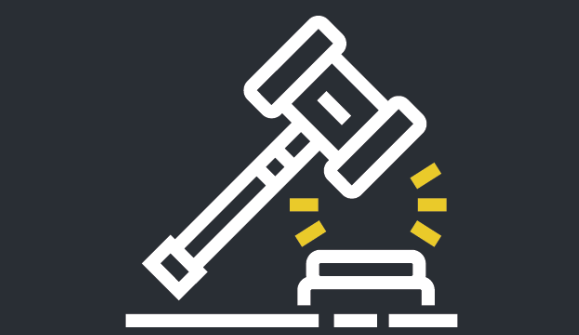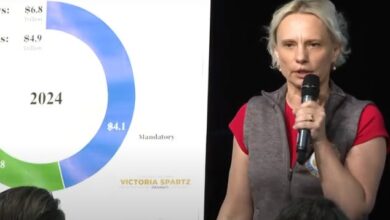Experts Caution Against Overestimating Deregulatory Impact of Chevron Decision

While the Supreme Court’s decision to overturn Chevron deference is significant, experts warn that investors should temper their expectations for widespread deregulation. Here’s why the anticipated deregulation might not be as extensive as some hope:
Judicial Scrutiny Over Deregulation:
- Role of Courts:
- The decision grants courts greater authority to interpret ambiguous statutes, which means that rather than deferring to agencies, judges will play a crucial role in regulatory matters. This does not necessarily equate to less regulation but could result in more judicial intervention and varied interpretations based on individual cases.
- Consistency and Precedent:
- Courts traditionally favor stability and may be cautious about overturning existing regulations that have been in place for years. As such, there is likely to be a case-by-case analysis rather than a blanket dismantling of regulatory frameworks.
Sector-Specific Impacts:
- Healthcare and Environment:
- In sectors like healthcare and environmental regulation, where agencies such as the EPA and CMS play a critical role, the need for expertise-driven decisions remains. Experts suggest that while these agencies might face more challenges in justifying their regulations, the fundamental need for such oversight persists, especially in complex and technical areas.
- Financial and Consumer Protections:
- Financial regulations and consumer protection laws often involve intricate and highly specialized knowledge. Experts argue that courts may still defer to agency expertise in these areas to avoid destabilizing markets and undermining consumer confidence.
Political and Legislative Dynamics:
- Congressional Role:
- The ruling places more responsibility on Congress to draft clear and unambiguous legislation. This shift means that future regulatory changes will depend heavily on the political landscape and legislative activity. Given the often slow and contentious nature of legislative processes, sweeping deregulation may not occur swiftly or uniformly.
- Administrative Adjustments:
- Agencies are likely to adapt by providing more detailed and robust justifications for their rules to withstand judicial scrutiny. This could lead to more rigorous regulatory processes but not necessarily a reduction in the volume or stringency of regulations.
The Supreme Court’s decision to overrule Chevron deference marks a pivotal shift in administrative law, emphasizing judicial interpretation over agency discretion. However, experts caution that this change does not guarantee a swift or broad rollback of regulations. The nuanced judicial review process, combined with the continued need for specialized agency expertise and the legislative dynamics, suggests that regulatory landscapes will evolve rather than dramatically contract.





